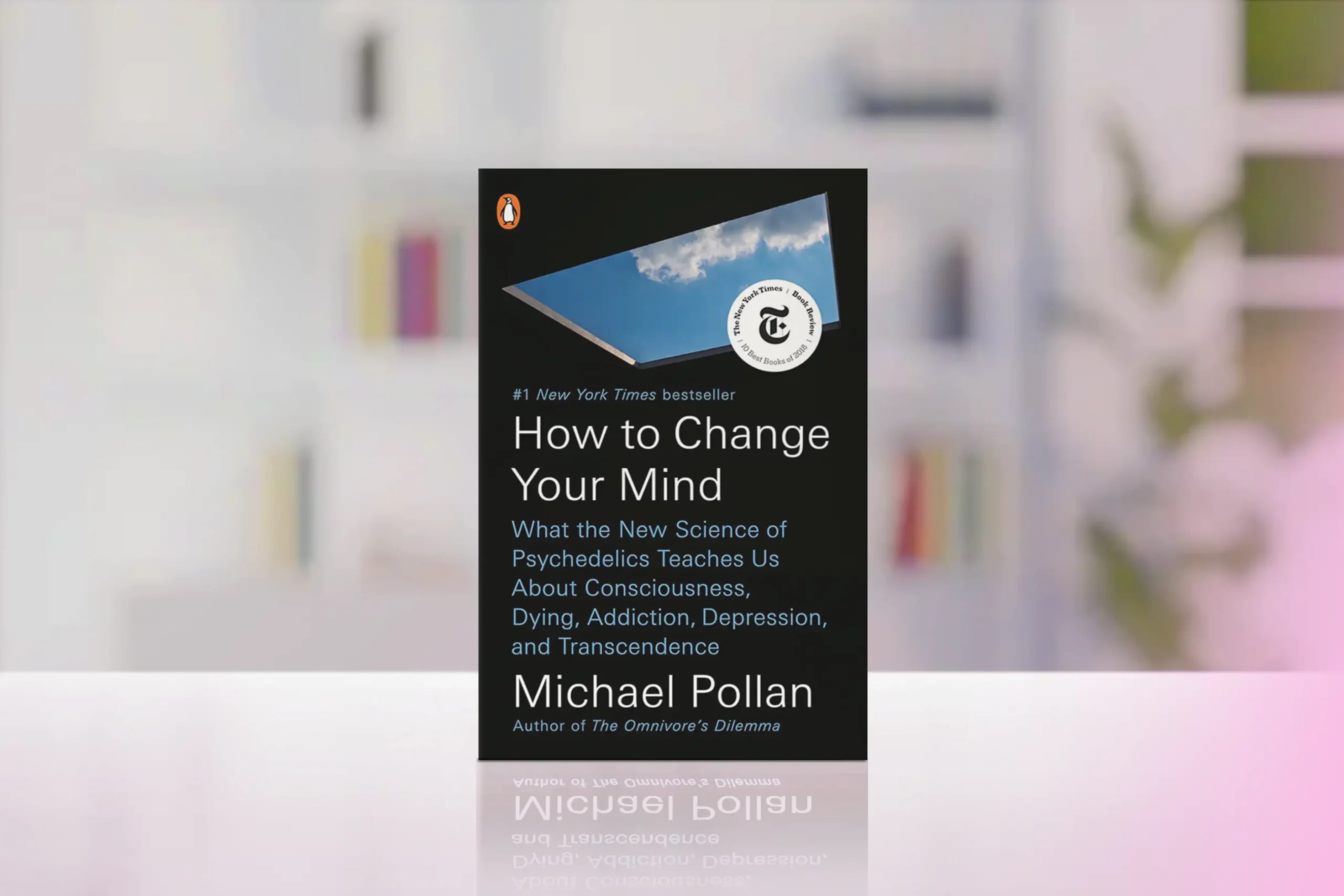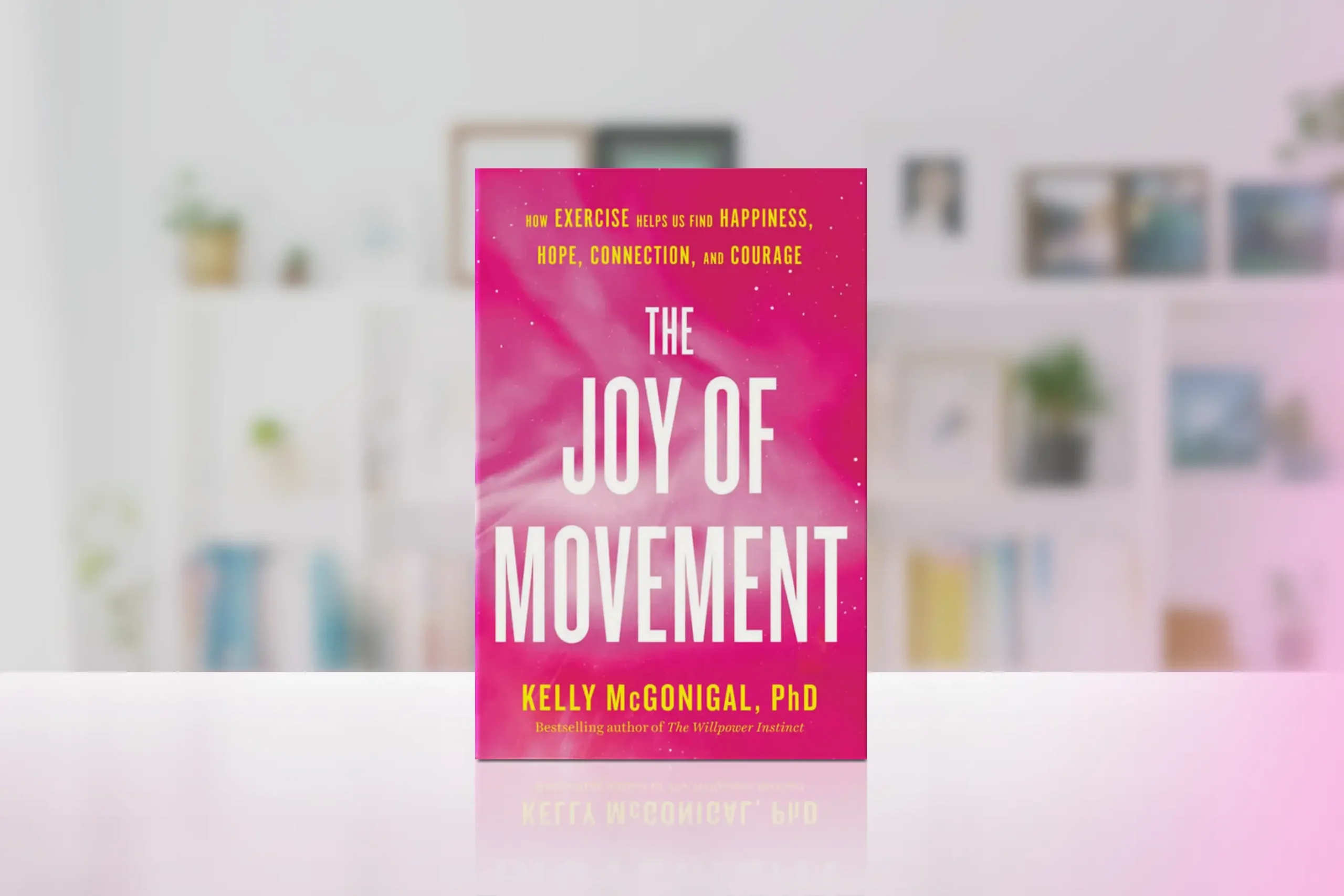In “How to Change Your Mind”, Michael Pollan examines psychedelics and their potential to transform our understanding of consciousness, mental health, and the human mind.
Published in 2018, the book blends rigorous research, personal experimentation, and engaging storytelling to shed light on this controversial yet promising field.
Pollan approaches psychedelics with curiosity and skepticism, offering a balanced view of their role in modern society. The book also inspired a Netflix docuseries exploring their science and cultural impact.
Core Concepts
At its heart, “How to Change Your Mind” examines several key ideas that challenge our conventional understanding of psychedelics and their effects:
- The history and suppression of psychedelic research
- The renaissance of scientific studies on psychedelics
- The potential therapeutic applications for mental health conditions
- The role of psychedelics in spiritual and personal growth
- The neuroscience behind psychedelic experiences
These concepts intertwine to present a comprehensive view of psychedelics, their history, and their potential future role in medicine and society. Pollan’s approach encourages readers to reconsider long-held beliefs and explore new possibilities for mental health and personal development.
Chapter-by-Chapter Review
Chapter 1: A Renaissance
Pollan introduces the current resurgence of interest in psychedelics, setting the stage for the book’s exploration. He outlines the historical context and the promise these substances hold for mental health treatment and personal growth.
Chapter 2: Natural History: Bemushroomed
This chapter delves into the fascinating world of psilocybin mushrooms, tracing their use throughout human history and their impact on various cultures. Pollan’s personal experiences with mushroom hunting add a relatable dimension to the scientific and historical information.
Chapter 3: History: The First Wave
Pollan examines the first wave of psychedelic research in the 1950s and 1960s, highlighting key figures and studies. He explores how these substances went from promising therapeutic tools to controversial and banned substances.
Chapter 4: Travelogue: Journeying Underground
In this deeply personal section, Pollan recounts his own experiences with various psychedelics. His candid and thoughtful reflections provide insight into the subjective effects of these substances and their potential for personal transformation.
Chapter 5: The Neuroscience: Your Brain on Psychedelics
This chapter explores the cutting-edge research on how psychedelics affect the brain. Pollan breaks down complex scientific concepts into accessible explanations, helping readers understand the neurological basis for psychedelic experiences.
Chapter 6: The Trip Treatment: Psychedelics in Psychotherapy
Pollan investigates the promising results of recent clinical trials using psychedelics to treat conditions such as depression, anxiety, and addiction. He presents compelling case studies and discusses the potential future of psychedelic-assisted therapy.
Key Strengths
- Balanced and well-researched approach to a controversial topic
- Engaging blend of personal narrative, scientific research, and historical context
- Clear explanations of complex neuroscientific concepts
- Thoughtful exploration of the potential benefits and risks of psychedelic use
- Challenges readers to reconsider preconceptions about psychedelics and consciousness
Potential Drawbacks
- Some readers may find the detailed descriptions of psychedelic experiences unsettling
- The book’s length and depth may be overwhelming for casual readers
- Pollan’s personal experiences may not resonate with all readers
Who This Book Is For
How to Change Your Mind appeals to a diverse audience, including:
- Those interested in neuroscience, psychology, and consciousness studies
- Mental health professionals and patients exploring alternative treatment options
- Individuals curious about the history and potential future of psychedelic research
- Anyone seeking a deeper understanding of the mind and personal growth
Final Review
“How to Change Your Mind” is a thought-provoking and illuminating exploration of psychedelics and their potential to transform our understanding of consciousness and mental health. Michael Pollan’s meticulous research, engaging storytelling, and personal insights combine to create a compelling case for reconsidering these long-stigmatized substances.
Though controversial, Pollan’s balanced approach encourages readers to weigh both the benefits and risks of psychedelics with an open mind, considering both their potential benefits and risks. By challenging conventional assumptions and presenting cutting-edge science, the book invites readers to rethink consciousness, mental health, and personal growth.
Rating: 4.6/5
An eye-opening and meticulously researched exploration of psychedelics that challenges conventional wisdom and offers new perspectives on consciousness and mental health.
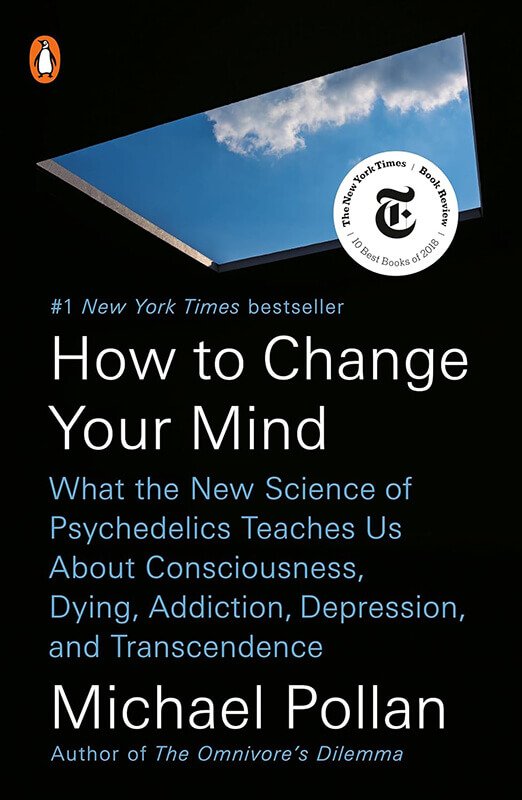
Alternative Books
Alternative related books exploring themes of consciousness, wellbeing, and personal growth:
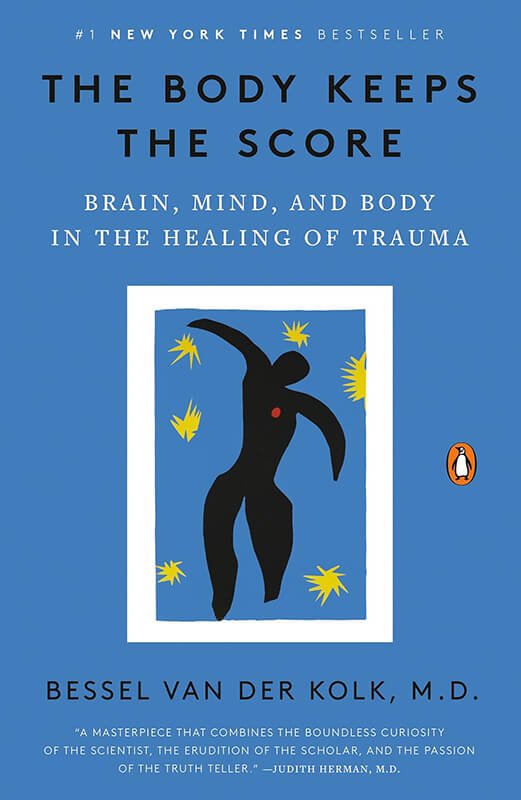
“The Body Keeps the Score” by Bessel van der Kolk
Explores how trauma affects the brain and body, and innovative treatments for healing.
Rating: 4.8/5
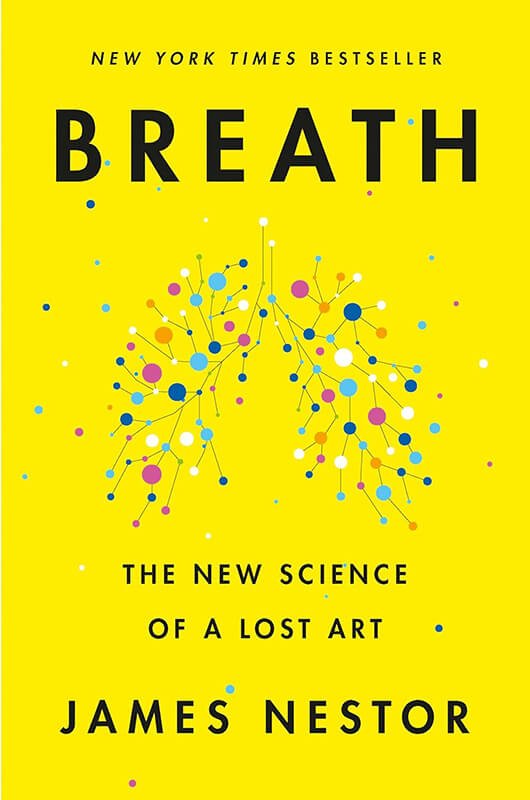
“Breath: The New Science of a Lost Art” by James Nestor
Investigates the hidden science behind breath and its transformative power on health and wellbeing.
Rating: 4.7/5

“Mindfulness in Plain English” by Bhante Henepola Gunaratana
Offers a clear and practical guide to meditation and mindfulness practices for personal growth and self-awareness.
Rating: 4.7/5

